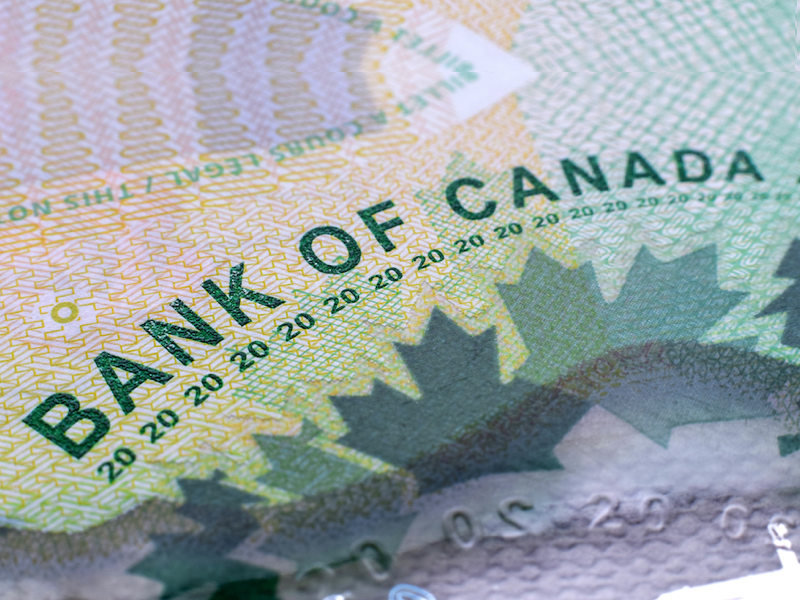
The Bank of Canada may adjust the pace of interest rate cuts if warranted, governor Tiff Macklem said on Wednesday after announcing a third consecutive interest rate cut.
The quarter percentage point rate reduction — from 4.5% to 4.25% — was widely expected by forecasters, given ongoing softness in the economy and easing inflation.
In his written remarks, governor Tiff Macklem said the central bank’s decision reflected two considerations.
“First, headline and core inflation have continued to ease as expected,” Macklem said.
“Second, as inflation gets closer to target, we want to see economic growth pick up to absorb the slack in the economy so inflation returns sustainably to the 2% target.”
While Wednesday’s announcement carried no surprises, the governor signalled a willingness to cut faster or slower, if need be.
“If those upward forces in inflation proved to be stronger than we expected, or if there’s significantly less slack in the economy than we assess, yes, it might be appropriate to slow the pace of declines,” Macklem said.
“On the other hand, if the economy was significantly weaker, if inflation was significantly weaker than we expected, yes, it could be appropriate to take a bigger step, something bigger than 25 basis points.”
The Canadian economy grew at a faster pace than expected in the second quarter, but preliminary data pointed to weak activity in June and July.
Macklem said this suggests growth may come in weaker than the Bank of Canada had forecasted.
CIBC chief economist Avery Shenfeld noted that financial markets had placed small odds on a half-percentage-point cut, but the central bank opted to take a balanced approach.
“It’s said that victory goes to the bold, but the Bank of Canada went with the more cautious approach of yet another quarter point rate cut, leaving rates still well above where they will have to head to get the economy really moving again now that inflation is less of a threat,” wrote Shenfeld.
Macklem reiterated that if inflation continues to ease as expected, it is “reasonable” to expect more rate cuts.
Canada’s annual inflation rate has been below 3% for months, reaching 2.5% in July.
With the central bank’s target inflation rate in sight, Macklem has been stressing the importance of balancing the upside and downside risks ahead.
“There is a risk that the upward forces on inflation could be stronger than expected,” Macklem said.
“At the same time, with inflation getting closer to the target, we need to increasingly guard against the risk that the economy is too weak and inflation falls too much.”